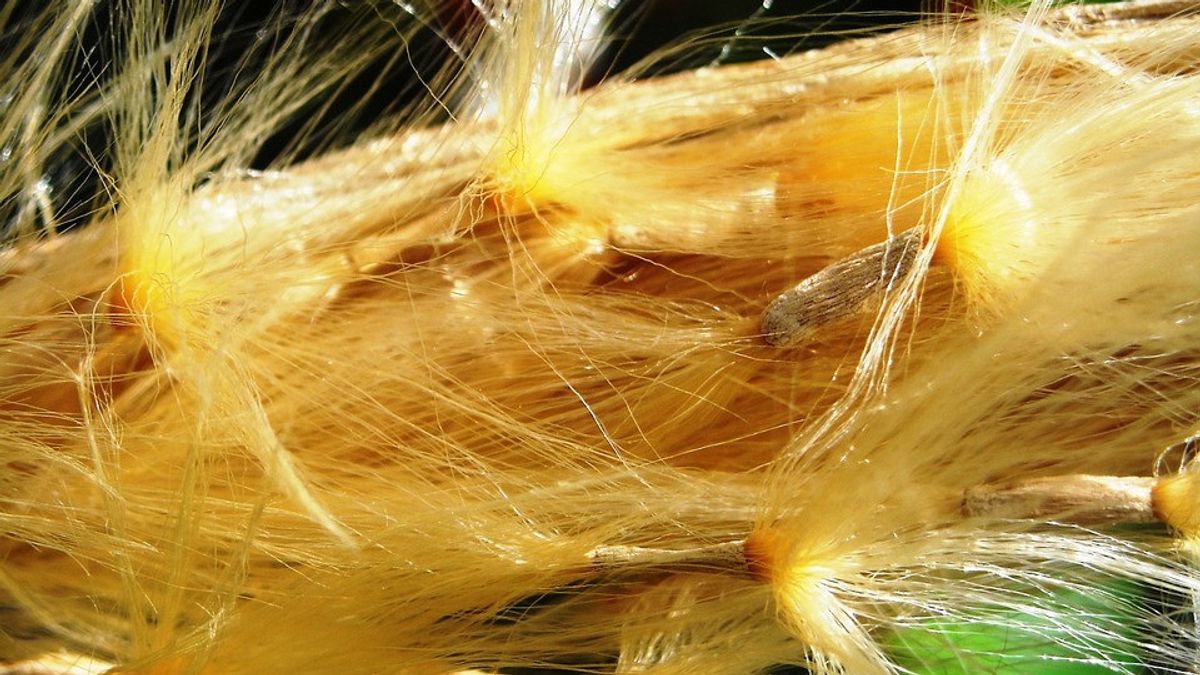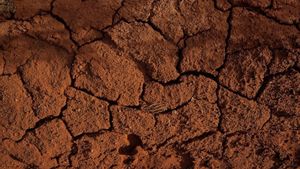YOGYAKARTA Plant fiber and its benefits for health are interesting to watch. Currently, there are many studies showing that the intake of fiber originating from plant-based foods can be beneficial for the health of the digestive tract. In addition, fiber (fiber), according to growing evidence, can also reduce the risk of chronic diseases.
The benefits of plant fiber are widely mediated by microbiota, namely the collection of bacteria that occupy the cerena channel. However, not all fibers are created the same, some types of fiber have different health effects.
In this article, VOI will discuss the type of plant fiber and its benefits for human health.
Quoted from Healthline, Sunday, January 29, 2023, fiber is a complex carbohydrate that cannot be digested by the body. Because it cannot be absorbed, the fiber found in the food will be removed again through the anus.
Plant fiber is divided into two categories based on the solubility in water, namely fiber that is soluble in water and fiber that does not dissolve in water.
Soluble fiber in water will create gels, which can improve digestion. While insoluble fiber can draw water into the feces and make it softer. Soft phases will be easier for the body to remove through the digestive tract.
The benefits of plant fiber for human life, namely:
Just so you know, most of the good bacteria in the human body live in the intestines, especially the large intestines. 500 to 1,000 different species of bacteria live in the intestines, with a total of about 38 trillion cells. These intestinal bacteria are also known as intestinal flora.
The number of bacteria that live in the human body is not a bad thing. This is because there is a mutually beneficial relationship between the human body and several bacteria that live in the digestive system.
Human bodies provide food, shelter, and safe habitat for bacteria. In return, they take care of several things that the human body cannot do. Such as breaking the poison from food, advancing the digestive tract to training the immune system.
So, what is the relationship between bacteria that live in the digestive tract and plant fiber? Just like other organisms, bacteria need to eat to gain energy to survive and function.
The problems are that most carbohydrates, proteins, and fats are absorbed into the bloodstream before reaching the large intestine, leaving a little for the intestinal flora.
This is where the fiber enters. Human cells do not have enzymes to digest fiber, but, gut bacteria do have enzymes to digest a lot of fiber.
This is the most important reason that some fiber coming from plant-based foods is essential for health. They feed "good" bacteria in the intestines, serving as prebiotics.
Certain types of fiber can help you lose weight by reducing appetite.
A number of studies show that an increase in food fiber can cause weight loss by automatically reducing calorie intake.
Plant fiber that enters the body can absorb water in the intestines, slow the absorption of nutrients and increase the feeling of fullness.
However, this depends on the fiber type. Some types do not affect the weight of the body, while certain soluble fibers can have a significant impact.
High fiber foods tend to have lower glycemic index than the source of processed carbohydrates, most of which have been removed.
However, scientists believe that only soluble fiber with high viscosity has this trait.
Putting thick and soluble fibers into foods that contain carbohydrates can cause a smaller spike in blood sugar.
This is important, especially if you follow a high-carb diet. In this case, fiber can reduce the possibility of carbohydrates increasing your blood sugar to a dangerous level.
Heavy and soluble fiber can also lower cholesterol levels in the blood. However, the effect is less significant.
A review of 67 controlled studies found that consuming 210 grams of soluble fiber per day reduced total cholesterol by only 1.7 mg/dl and lowered average levels of bad cholesterol (LDL) by 2.2 mg/dl.
But it also depends on the viscosity of the fiber. Several studies have found impressive decreases in cholesterol by increasing fiber intake.
This is information about the types of plant fiber and its benefits for health. May it be useful!
The English, Chinese, Japanese, Arabic, and French versions are automatically generated by the AI. So there may still be inaccuracies in translating, please always see Indonesian as our main language. (system supported by DigitalSiber.id)












